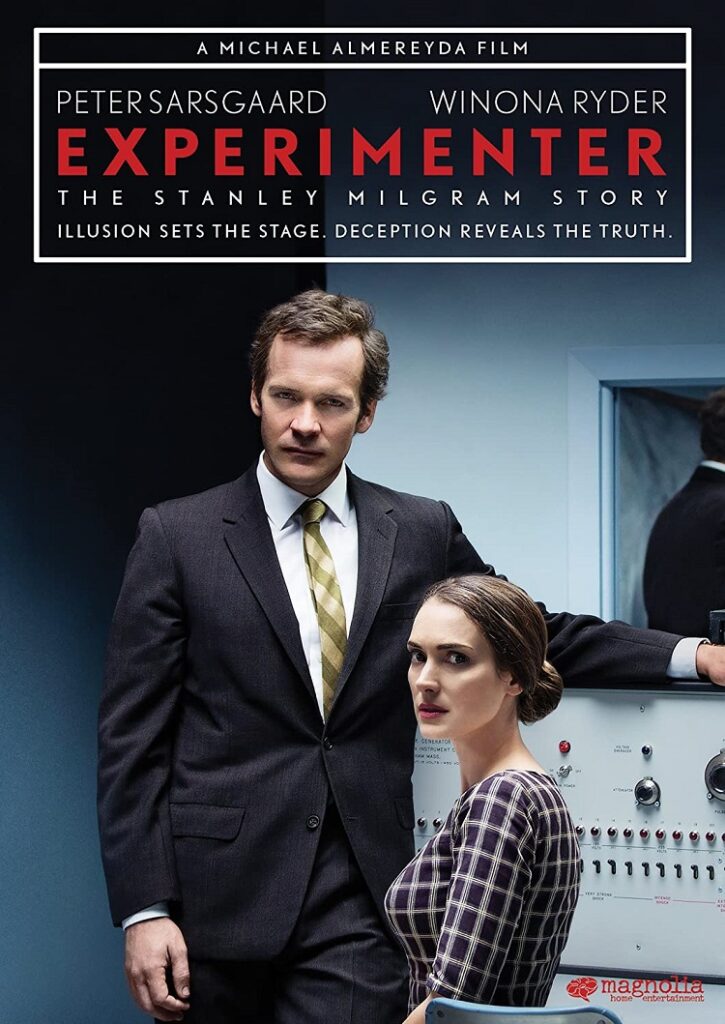
The Inquisition. The Terror of the French Revolution. The Soviet gulags. The Nazi death camps. Murdered civil rights workers. Abu Ghraib. Guantanamo. ISIS. Cruelty, and the ability of presumably moral human beings to inflict pain and death on others, acknowledges no boundaries nor respects any pretensions to the advancement of “civilization.” And yet each time we hear about the latest outrage we are shocked, shocked, to find that torture is going on here.
People’s ability to reject the possibility that any of us actually could, and would, inflict pain on another person were called into serious question by the (in)famous “obedience” experiments conducted by Stanley Milgram at Yale in the early 1960s. Unwitting subjects who were convinced they were administering ever-more-intense electric shocks as part of an experiment on teaching techniques kept right on zapping – simply because they were told to do so by a figure of authority.
In as many as two-thirds of the cases, the (pre-recorded, faked) grunts and screams of pain from the zap-ee fails to stop the escalation, even as the subjects grow increasingly uncomfortable with their willingness to hurt another person in the name of science. Some – not enough – do refuse to obey, but most take the torture to the max.
These experiments, and their impact on the life and career of Milgram and his family, are the heart of Experimenter, a new film from Michael Almereyda starring Peter Sarsgaard, Winona Ryder, comedian Jim Gaffigan, and a top-notch cast including many of today’s strongest character actors, including John Leguizamo, Taryn Manning from Orange is the New Black, Anthony Edwards, Dennis Haysbert, Anton Yelchin, and Kellan Lutz (as William Shatner – don’t ask).
It’s a strange, interesting though not truly enjoyable movie, front-loaded with its most sensational elements (rather like Milgram’s career) and overstuffed with ideas, weird set pieces, and narrative cul-de-sacs. Some of it involves his other social relationship work. We see how he came up with the “six degrees of separation,” concept, that every person on earth is separated from every other person by a maximum of six other people. So we can thank Stanley Milgram for Six Degrees of Kevin Bacon.
Writer/director Almereyda also uses quite a bit of Brechtian distancing to remind us we’re watching a movie. For example, Sarsgaard’s Milgram frequently breaks the fourth wall to address us, filling us in on where he is in his checkered career (the film progresses from the 1960s up through Milgram’s death in 1984). When he tells us his motivation for designing the obedience experiments, the “I was just following orders” mindset that was brought vividly to the world’s attention with the 1961 trial of Nazi leader Adolf Eichmann, an elephant silently ambles behind him down the hall. Almereyda might as well have displayed a subtitle reading “It’s the Holocaust, stupid.”
Things get even weirder in the 1970s when Milgram, now something of a celebrity after publishing a book called Obedience to Authority, agrees to let his work become the basis for an overwrought TV drama starring William Shatner and Ossie Davis (Lutz and Haysbert in a proto-Don King wig). Milgram, who has come under criticism for the supposed cruelty and deception of the obedience experiments, tells us that it’s one thing to feel as if your life has become a bad movie, and another to actually see it become one. The unspoken implication is that Experimenter is a good, or at least more truthful, movie than the melodramatic farce we see – or maybe it isn’t.
In fact, Experimenter is at its most provocative when we in the audience start to wonder to what extent we’re being “punked” by the filmmakers. The obedience experiments were themselves a form of theater, just as the movie is. I found myself sympathizing with Milgram and disparaging his critics, but that could be just because I like Peter Sarsgaard, and am politically inclined to trust scientists against so-called moral watchdogs.
As I said, this is a movie of ideas, so it comes up short on the emotional side. There’s quite a bit of time spent on Milgram’s marriage to Sasha (Ryder) and the pressures his notoriety brings on their family life, yet more often than not we are told, rather than shown, what’s going on in their marriage. A late reconciliation scene between the couple seems out of place.
We also don’t get much of a clue, beyond the Holocaust motivation, as to what Milgram thinks and feels about the obedience experiments that came to define his life. Sarsgaard plays him as a rather cold intellectual, ambitious, guarded, and carefully neutral, and while this is an accurate portrayal of a brilliant academic, it leaves us hungry for a few more glimpses into the soul behind the mask.
I can’t say you’ll enjoy this movie, but if you do see it, you won’t lack for things to talk about on the ride home.